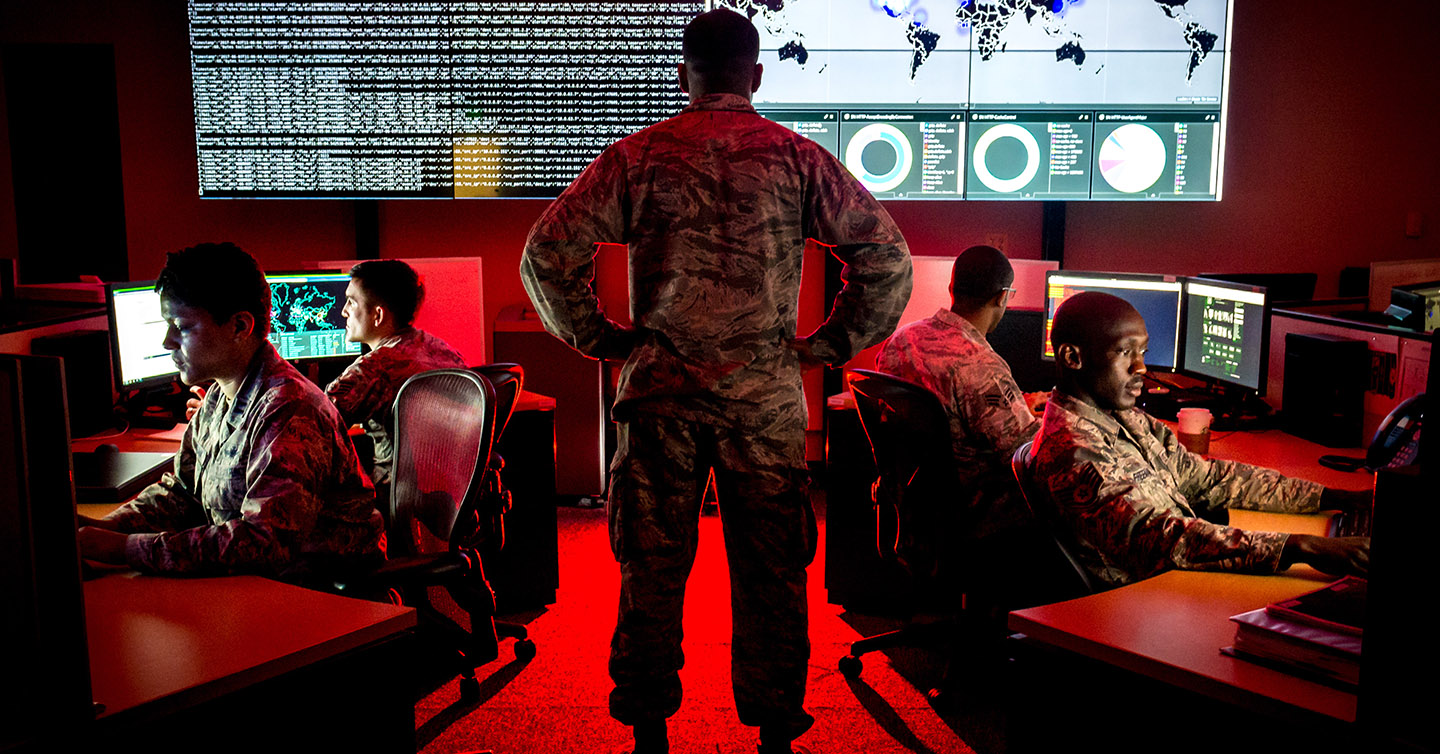This is not humanity’s first technological rodeo
This episode is another in a series of releases on the Emerging Environment in the Indo-Pacific Region, produced in collaboration with the United States Military Academy at West Point’s Department of Social Sciences as part of the 2019 Senior Conference.
Just how much have the rapid advance of the Internet and modern information
technologies changed society? Or, is it more accurate to say ‘shocked’ society? There is perhaps no part of the world where cyberspace is more important than in the Pacific, where emerging competition are using technology to mitigate the U.S. advantage. How so, and what does this mean for U.S. strategy in the region. To discuss these topics and where the Internet revolution fits with other great revolutions in history, A BETTER PEACE welcomes Renee DiResta and Jonathan Reiber, both experts in the fields of cybersecurity and cyber policy. A BETTER PEACE Editor-in-Chief Jacqueline E. Whitt moderates.
Podcast: Download
Subscribe: Apple Podcasts | Spotify | Amazon Music | Android | Pandora | iHeartRadio | Blubrry | Podchaser | Podcast Index | TuneIn | Deezer | Youtube Music | RSS | Subscribe to A Better Peace: The War Room Podcast
Renée DiResta is the Director of Research at cybersecurity company New Knowledge, and Head of Policy at the nonprofit Data for Democracy. Jonathan Reiber is head of cybersecurity strategy at Illumio and is former Pentagon Chief Strategy Officer for Cyber Policy. Jacqueline E. Whitt is Professor of Strategy at the U.S. Army War College and the Editor-in-Chief of A BETTER PEACE.
Photo: Cyber warfare specialists serving with the Maryland Air National Guard’s 175th Cyberspace Operations Group engage in weekend training at Warfield Air National Guard Base in Middle River, Md., June 3, 2017.
Photo Credit: Air Force photo by J.M. Eddins Jr.
Other releases in the Indo-Pacific Region Series:
- “FICINT”: ENVISIONING FUTURE WAR THROUGH FICTION & INTELLIGENCE
(INDO-PACIFIC SERIES) - HOW COMPETITORS USE TECHNOLOGY TO SHAPE THE ENVIRONMENT (INDO-PACIFIC SERIES)
- REBRANDING THE REBALANCE: ASSESSING U.S. INDO-PACIFIC STRATEGY (INDO-PACIFIC SERIES)
- HYPERCOMPETITION AND TRANSIENT ADVANTAGE (INDO-PACIFIC SERIES)
- SECURITY IN THE INDO-PACIFIC REGION: THE VIEW FROM TOKYO (INDO-PACIFIC SERIES)
- THE MEANING OF ‘PARTNERSHIP’ IN THE INDO-PACIFIC (INDO-PACIFIC SERIES)
- DEMOGRAPHICS, AGING, AND SECURITY IN THE INDO-PACIFIC (INDO-PACIFIC SERIES)

